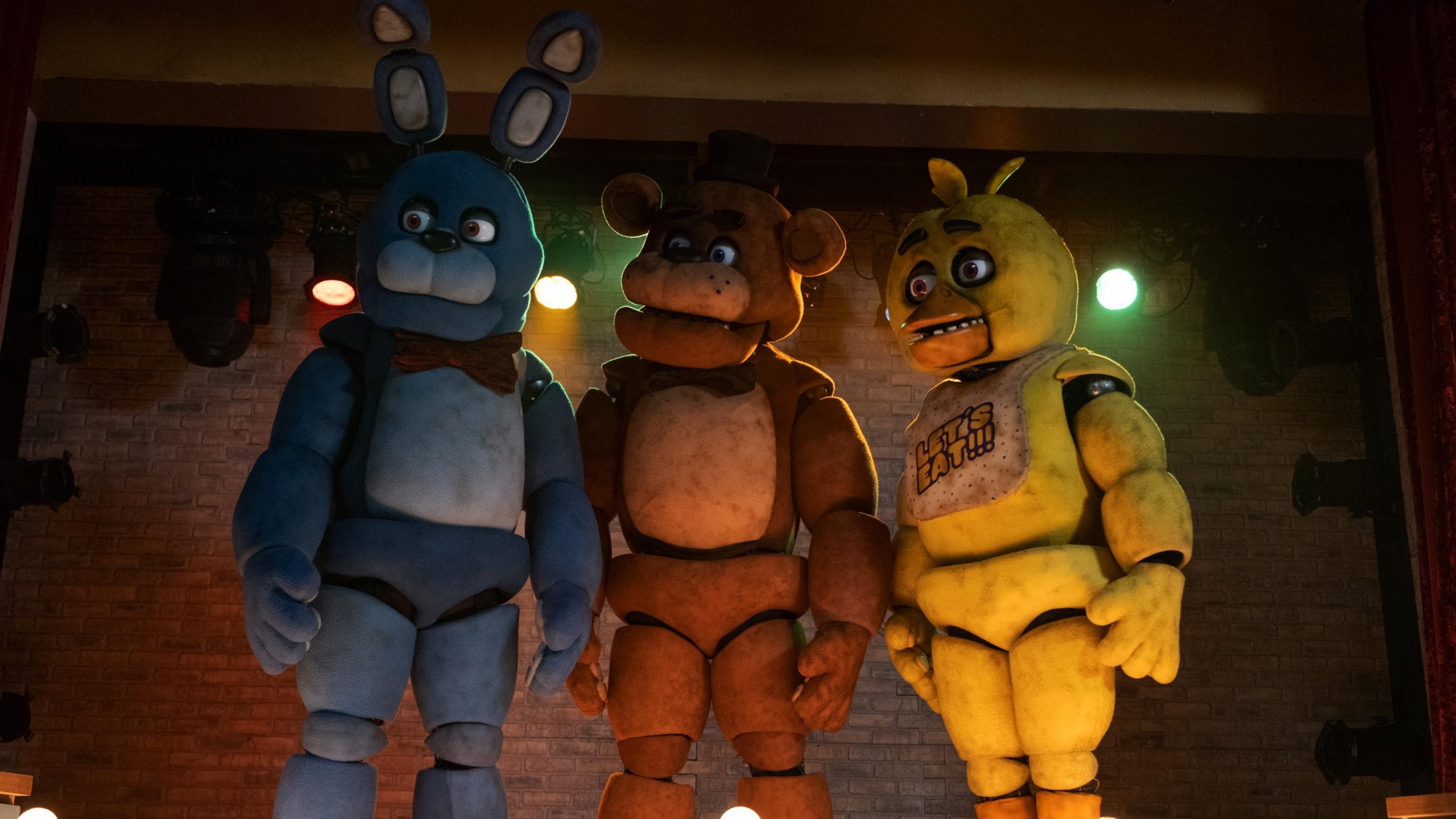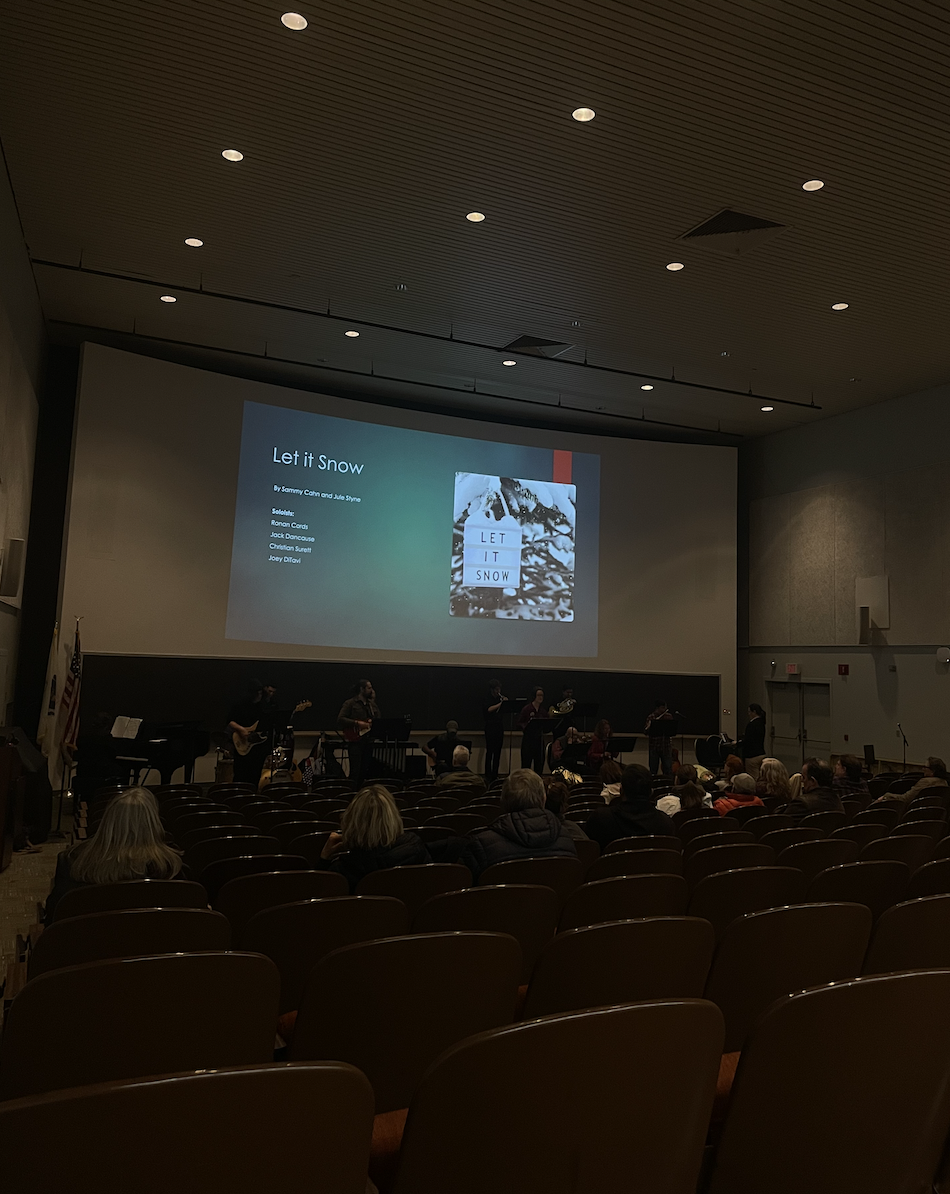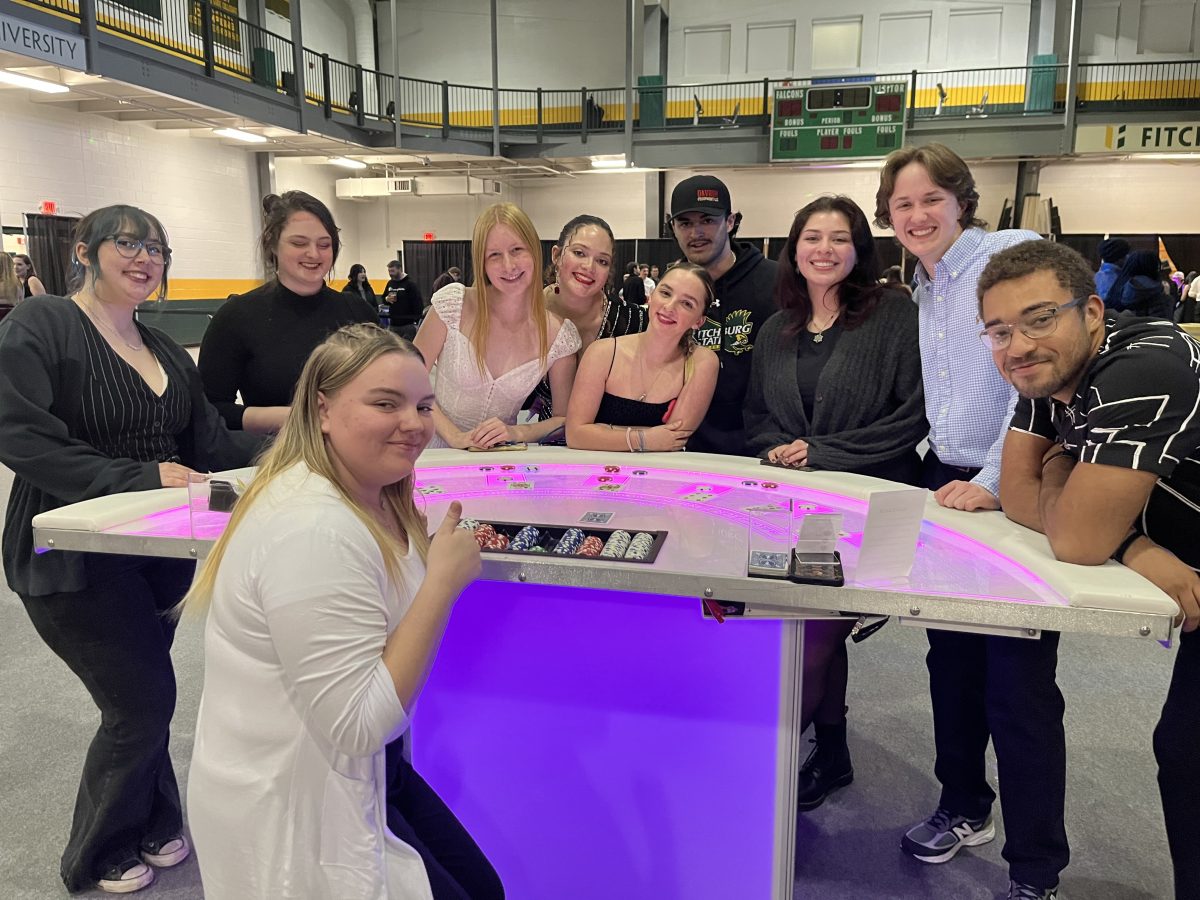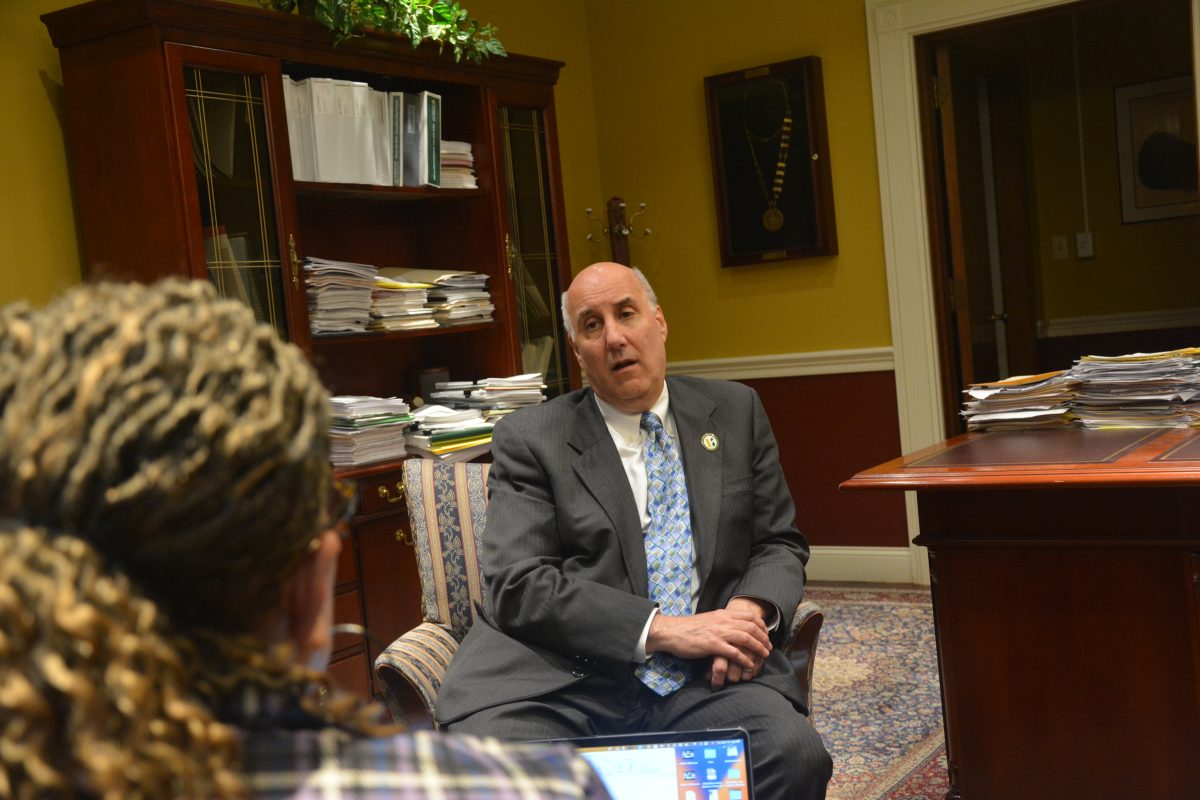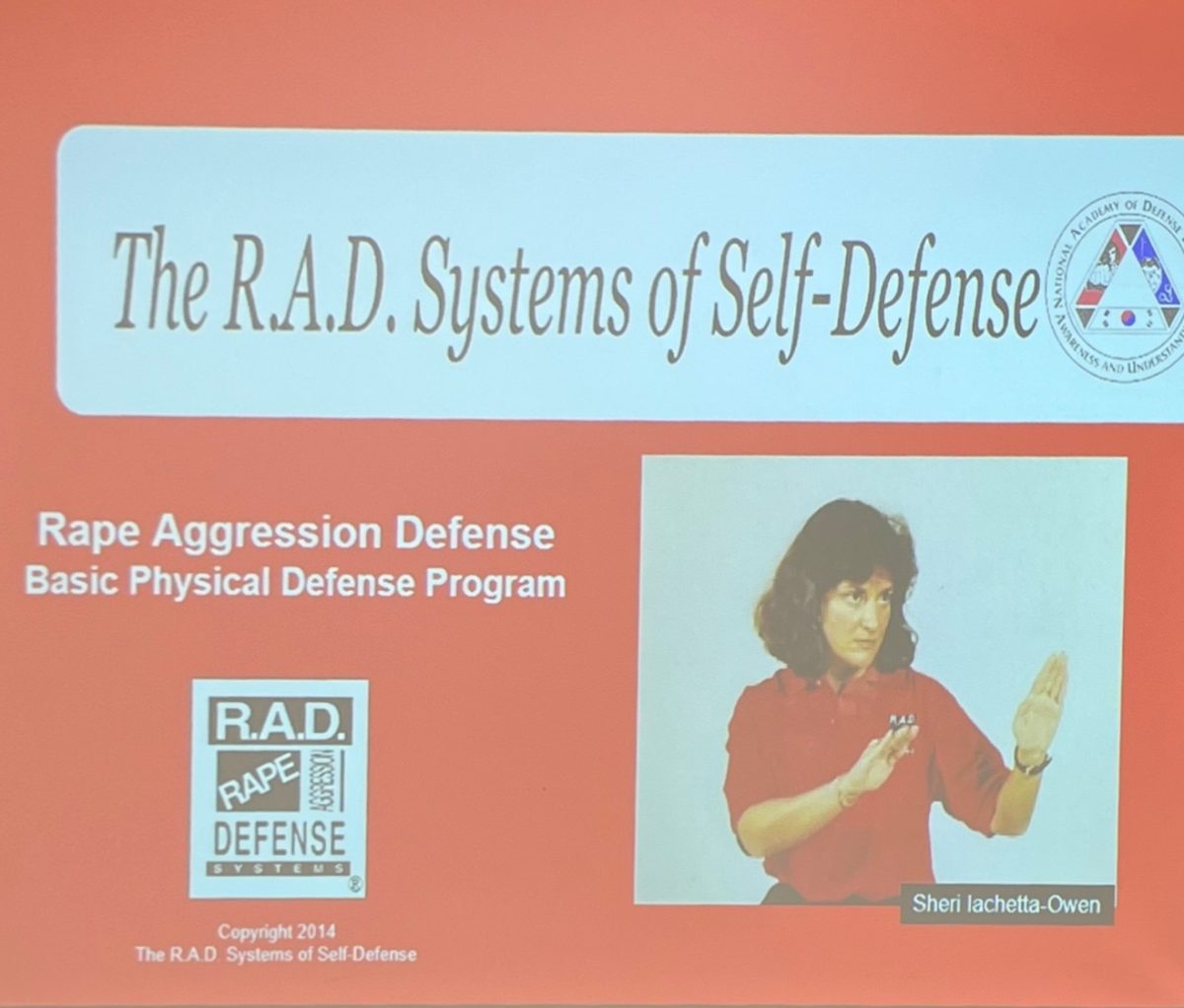By Emma Demosthens

Last Thursday evening, Fitchburg State had the honor of welcoming Brigadier-General Peter Zwack to deliver a keynote address on Russia. The address, dubbed “Russia Since the Reset”, is a part of the International Studies Keynote Lecture Series coordinated by Dr. Joshua Spero from the International Studies Minor Program. Since 2007, this lecture series, sponsored by the Conflict Studies Center, has helped to enrich the campus and greater community by providing us access to hearing excellent keynote speakers give thought-provoking presentations.
Thursday’s address focused on General Zwack’s insights and perspectives into the present day political atmosphere of Russia. As the former Defense Attaché in Moscow for the U.S. Embassy from 2012-2014, General Zwack has first-hand experience and an informed perspective on Russia.
For those of you who haven’t seen the film “Dr. Strangelove”, it’s a dark comedy that satirizes Cold War fears of nuclear conflict between the Soviet Union and the U.S. The reason I bring it up is that, at the heart of all satire is an element of truth. “…that movie in my mind exemplifies –how when you pull back and look at the thought of mutually assured destruction– at how absolutely mad it was.” said General Zwack.
Thankfully, we are no longer at that point. However, over the last 25 years tensions have increased between Russia and the U.S. and now they are at a dangerous point. “Relationships haven’t been as jangled as they are now since the 60’s, said Zwack “We had more people talking on a broad range of subjects then than we do now.” It’s a scary thought because communication is such an essential key in conflict resolution. Often times it is difficult to get caught up in what we disagree on that we view the opposing side as an enemy.
However, Russia is not our enemy.
“I fundamentally like the Russian people…aspects of their culture and of the fine arts” said Zwack, “but I worry today that the promise that we saw from the Russians in the 90’s and post-Soviet space is fading. And that the country in fact has mutated into some very, very troubling ways.” said Zwack. What has brought us to this point? There are many factors that have led to a “trust deficit” between Russia and the U.S. Including but not limited to political corruption in Russia, recent financial sanctions placed on Russia, and differences in cultures regarding government leadership. But the most important thing now for the U.S. to do is to be firm but balanced in our relations with Russia.
General Zwack also spoke on what he called the “four major miscalculations” Russia has recently made; instilling a sense of nationalism in the Ukraine (“putting lead in the Ukrainian pencil”), Russian provocation of the EU, the decline of the Russian economy, and how recent actions have “put a new focus and purpose in NATO’s mission”. No one wants to fight against Russia, but they will if provoked because of the Washington Treaty and Article 5– which basically states that if Russia were to attack any of the other NATO countries (Lithuania, Latvia, Estonia, and Poland in particular) their allies are obligated to go and defend them.
Despite all of this, we have to remember that we can’t group all Russians in the same category. “There are lot of good people in Russia, and I have to believe that there are lot out there who are troubled by this, and it’s clear that the regime is clearly driving the train on this one”.
There was so much more information discussed in-depth at the lecture, that it is difficult to condense in one article, but I would encourage you to read more on the issue. It’s no secret that politics are complex and often times confusing, especially if you aren’t familiar with all the terms. But it doesn’t have to be intimidating.
In this era we are constantly overloaded with so much information, it’s often easy to get lost in the bulk of it, or get so caught up in our own lives that we fail to pay attention to what is going on around us. However, it is imperative that we become and remain informed on current events around the world. We live in a connected world where a seemingly small event in one country has implications on the economy and politics worldwide, and in this regard we can’t afford to be ignorant.

February 16, 2024
February 16, 2024
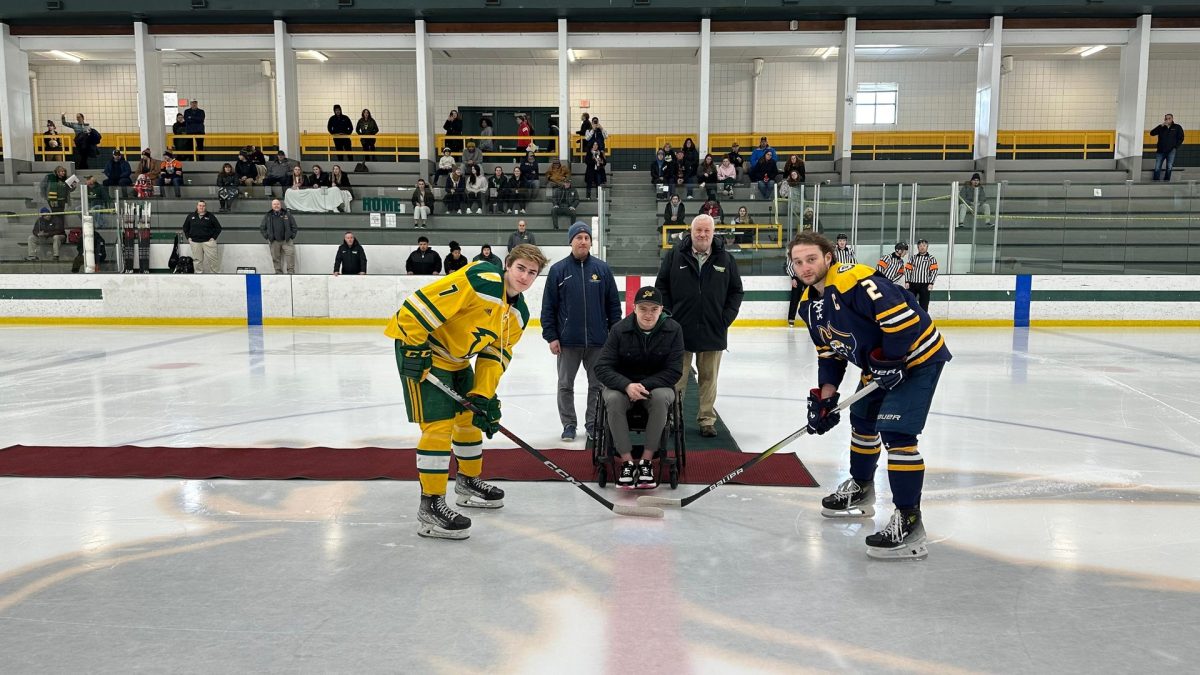
February 16, 2024

February 16, 2024
Trending Stories
General Peter Zwack's keynote address on Russia
April 20, 2015
Leave a Comment
More to Discover






